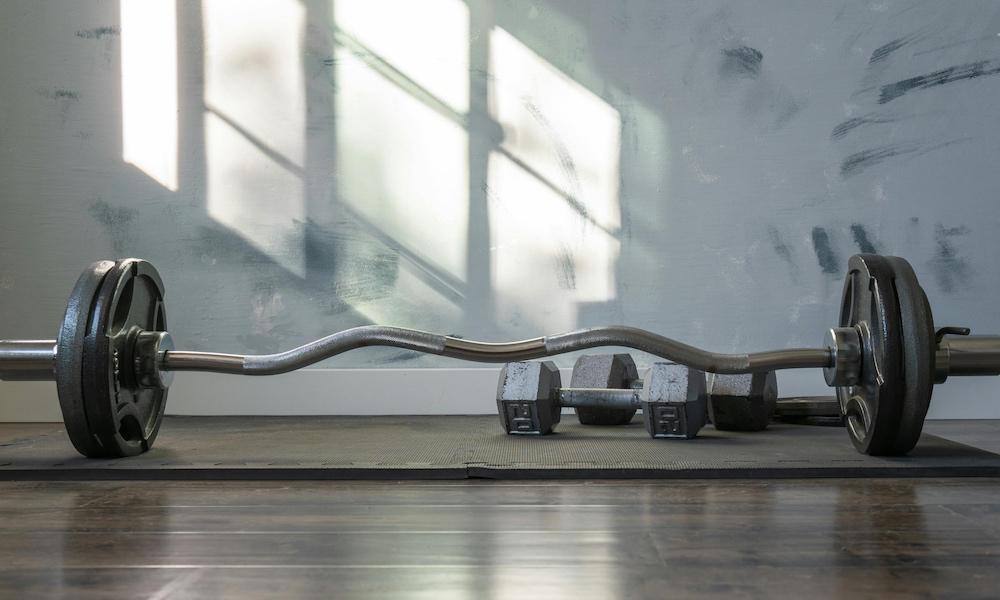Whether you’re chasing your kids around the backyard, training for your next big race, or simply navigating a busy day at work, there’s one key factor that helps your body function optimally: hydration. Hydration is not solely about drinking water, but also about maintaining the right electrolyte balance. In this month’s blog, we’re diving into why hydration matters, how electrolytes play a crucial role in your well-being, and how to best fuel your body.
Your body is roughly 60% water, and every single system from the brain, to the spine, and your joints, relies on water to function. Hydration supports:
- Joint lubrication
- Spinal disc health
- Regulation of body temperature
- Efficient nutrient transport and waste removal
- Optimal muscle function and nerve signaling
Even mild dehydration can lead to fatigue, brain fog, headaches, cramping, or dizziness. These are symptoms we often see in clinic patients who don’t realize they’re under-hydrated.
What Are Electrolytes, and Why Do They Matter?
Electrolytes are minerals, specifically sodium, potassium, calcium, magnesium, and chloride, in our body that carry an electric charge when dissolved in a liquid, these electric signals are essential for:
- Nerve impulse transmission
- Muscle contraction (including your heart!)
- pH balance
- Fluid regulation inside and outside cells
When you sweat, get sick, or experience chronic dehydration, you lose both water and electrolytes. Replacing only water without replenishing electrolytes can dilute these minerals and lead to imbalances resulting in muscle cramps, irregular heartbeat, or fatigue.
How Much Water Do You Actually Need?
There’s no one-size-fits-all answer, but a good rule of thumb is: half your body weight in ounces per day (example: 150 lbs = 75 ounces of water)
Increase your intake if you:
- Exercise or sweat heavily
- Spend time in hot or dry environments (with the hot weather recently make sure you are drinking more water!)
- Drink caffeine or alcohol (which are dehydrating)
- Are pregnant or breastfeeding
- Are recovering from illness or injury
Tip: If you’re thirsty, you’re already a bit dehydrated. Drink gradually throughout the day instead of chugging all at once so as to best absorb the water and rehydrate your body.
When and How to Fuel with Electrolytes
Water alone isn’t always enough. For physically active individuals, hot-weather adventurers, or patients with chronic inflammation, electrolyte replenishment is key. Try:
- Coconut water or sports drinks (look for low-sugar options without the food dyes)
- Electrolyte powders or tablets added to water
- Foods rich in minerals: bananas (potassium), leafy greens (magnesium), dairy (calcium), and salt (sodium—in moderation)
While most people get a good amount of electrolytes through a balanced diet, your needs can increase significantly if you’re sweating heavily, exercising, sick, or recovering from inflammation or injury. The following provides a general layout to how much you should be consuming, make sure to check in with a coach or health care provider for tailored recommendations.
General Daily Electrolyte Needs
From the USDA and health organizations, the following are average daily electrolyte ranges for adults and some common food sources.
Sodium 1,500–2,300 mg: Salt, broth, pickles, cheese
Potassium 2,500–3,400 mg: Bananas, potatoes, avocados, leafy greens
Magnesium 310–420 mg: Nuts, seeds, spinach, whole grains
Calcium 1,000–1,200 mg: Dairy, tofu, leafy greens, fortified drinks
Chiropractic Connection: Hydration & The Body
Hydration is so important for many systems in the body but also directly affects:
- Spinal disc health: Discs are largely made of water and depend on hydration for shock absorption.
- Nerve function: Electrolytes keep nerve signals firing correctly, supporting your nervous system and reducing pain.
- Tissue repair and inflammation: Hydration aids nutrient delivery and waste removal, which is crucial for healing post-adjustment or injury.
Takeaway Tips
- Start your day with a glass of water — this will help spur digestion and set the day off to a great start.
- Carry a water bottle and sip regularly — make sure to hydrate throughout the day and not all at once for the greatest impact.
- Add electrolytes if you’re sweating, exercising, or not feeling your best — especially during warm weather months and periods of heavy exercise/sweating.
- Eat a mineral-rich diet — food can be an amazing way to fuel our body with all the necessary vitamins, minerals, and electrolytes.
Hydration is one of the simplest, most powerful ways to support your body’s natural performance. When your cells are nourished, everything from your joints to your nervous system functions better. Staying hydrated and balanced with electrolytes is a small daily habit with a big impact!






